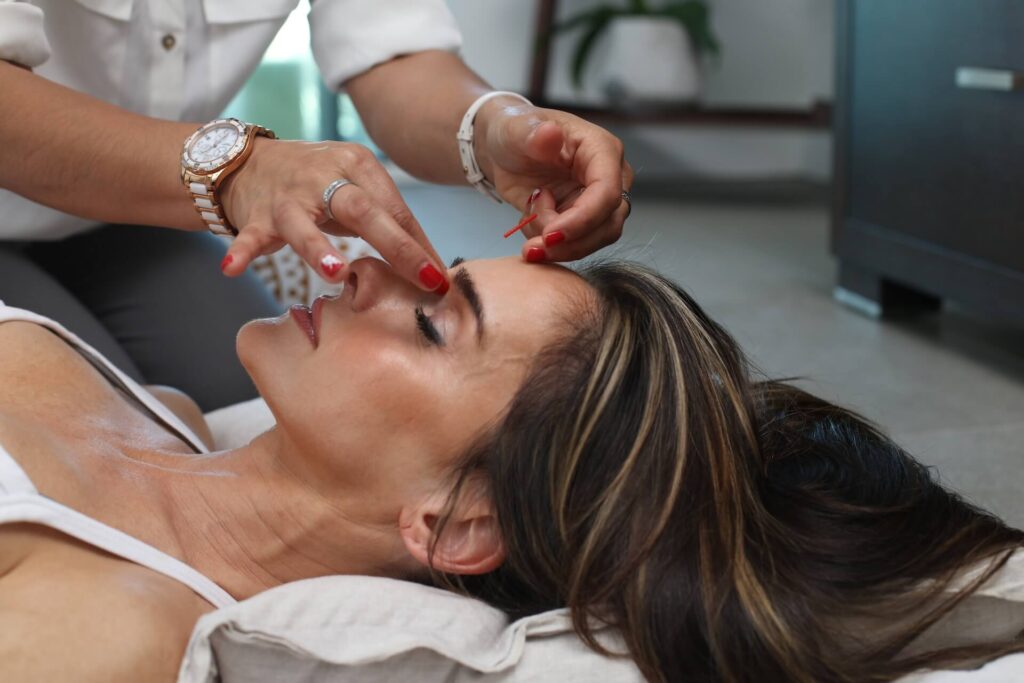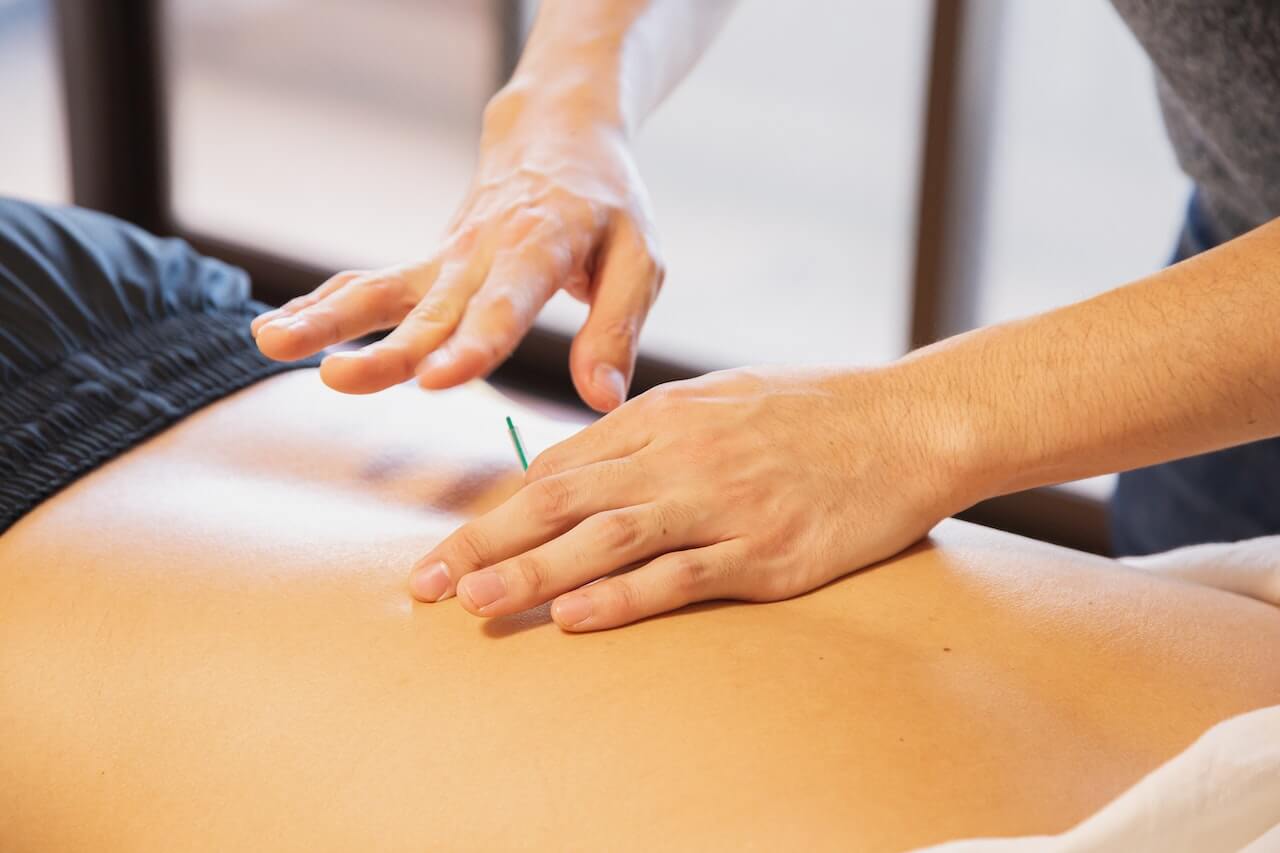If you are looking to explore holistic and alternative approaches to healing, acupuncture is an ancient practice that has been gaining traction in recent years. Originating in medieval China as part of Traditional Chinese Medicine (TCM), it is a form of therapy that involves stimulating certain points on the body using fine needles.
For those with chronic conditions or who have difficulty finding relief through standard medical treatments, acupuncture provides many potential benefits—from reduced stress levels to improved sleep patterns. In this blog post, we’ll discuss the basics of acupuncture: what it entails and how it works so that you can make an informed decision about whether or not it could be right for you!
Overview of Acupuncture and its History
Acupuncture is an ancient Chinese practice that has been used for over 3,000 years to treat a variety of ailments. It involves the insertion of thin needles into the skin at specific points on the body to stimulate the flow of energy, or qi, throughout the body. According to traditional Chinese medicine, the body has twelve meridians that are connected to specific organs and that energy must flow smoothly through these meridians to maintain good health.
Over time, acupuncture has gained popularity in Western medicine and has been shown to be effective in treating chronic pain, infertility, and even depression. Despite its controversial reputation, acupuncture remains a widely used form of alternative medicine that has stood the test of time.
The Benefits of Acupuncture
For centuries, people have turned to acupuncture as a way to alleviate pain and promote wellness. This ancient practice involves the use of thin needles that are inserted into specific points of the body to stimulate the flow of energy. If you’re from the UK, look into the acupuncture treatment in Horsham for this holistic approach to any issue you may be facing. Acupuncture isn’t just about relieving discomfort. It can also be used to help with a wide range of medical conditions, from anxiety and depression to digestive issues and fertility problems.
One of the key benefits of acupuncture is that it’s a natural and non-invasive treatment that doesn’t require medication or surgery. So if you’re looking for a holistic approach to treating your health concerns, acupuncture might be just what you need.
Exploring the Different Points Used in Treatment
When it comes to treatment, there are a variety of points to keep in mind. Different individuals may require different points of treatment depending on their unique needs and situations. Some may need physical treatment, such as medicine or surgery, while others may benefit from therapy or counseling.
It is important to explore these options and determine the best approach for each individual in order to achieve the best possible outcome. By taking the time to truly understand the different points used in treatment, we can provide more personalized and effective care to those in need.
How to Prepare for an Acupuncture Session
Are you considering trying acupuncture for the first time? If so, it’s normal to feel a bit unsure about what to expect. However, with some careful preparation, you can set yourself up for a successful and relaxing session.
Firstly, make sure you eat a light meal a few hours before your appointment to avoid feeling lightheaded during your treatment. Secondly, wear loose, comfortable clothing that allows easy access to your arms and legs, as these are the areas where needles are most commonly placed. Finally, be open and honest with your acupuncturist about any health concerns or medications you’re taking. By taking these steps, you’ll be setting yourself up for a positive experience with acupuncture.

Acupuncture is an important modality that has been around for centuries and continues to be a reliable form of treatment for many conditions. Not only can it bring about holistic healing and preventative care, but it can also help restore balance and health to the body. It is unique from other forms of medicine in the way that it focuses on specific points within the body and uses certain tools to manipulate those points.
Knowing how to properly prepare for an acupuncture session can be useful and informative which allows patients to get the most out of each session. As evidence increases on the efficacy of acupuncture, more and more people continue turning towards this holistic option for pain relief, wellness care, and long-term health solutions. With its long history and proven benefits, acupuncture remains a viable option and an important modality in healthcare today.








